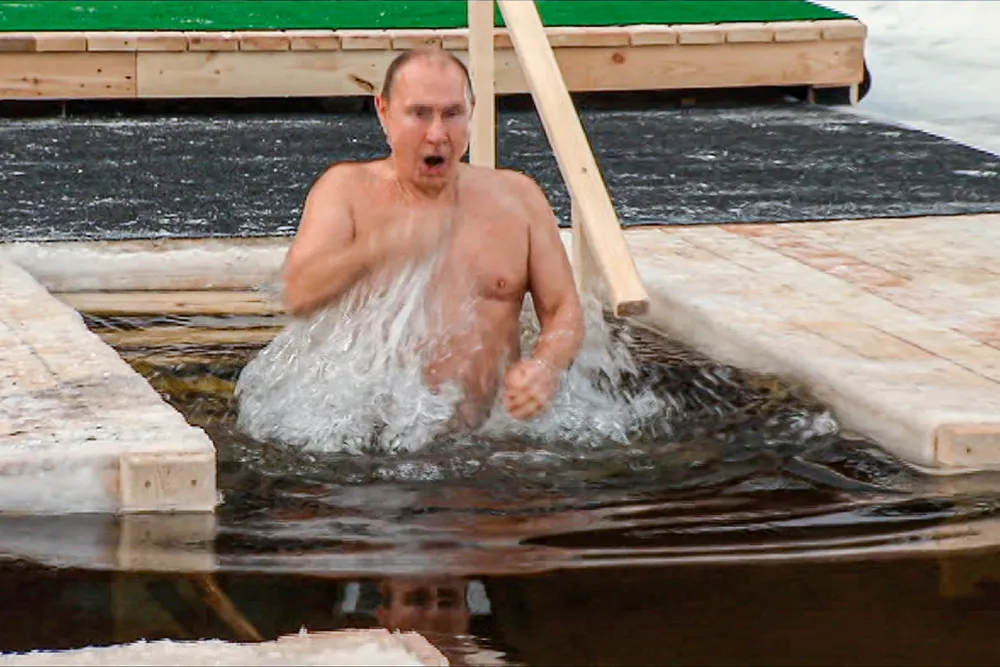OPINION: Biden calls for awakening in dealings with Putin
European supporters of Nord Stream 2 need to acknowledge the true goal of Russian gas export pipeline project

European supporters of Nord Stream 2 need to acknowledge the true goal of Russian gas export pipeline project
